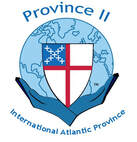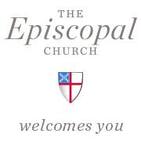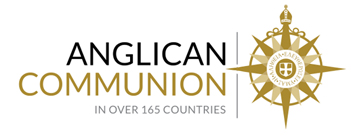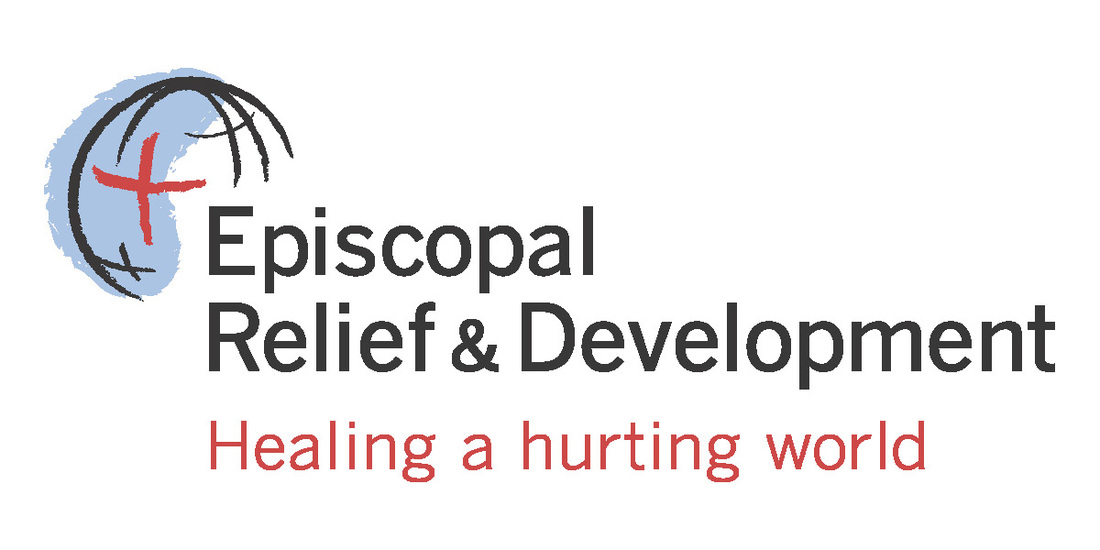 In an interview in 1969, author James Baldwin said, “I don’t don't know what most white people in this country feel, I can only conclude what they feel from the state of their institutions. I don’t know if white Christians hate Negroes or not, but I know we have a Christian church which is white and a Christian church which is black. I know, as Malcolm X once put it, the most segregated hour in American life is high noon on Sunday. … I don’t know whether the labor unions and their bosses really hate me. But I know I’m not in their unions. I don’t know if the real estate lobby has anything against black people, but I know the real estate lobby is keeping me in the ghetto. I don’t know if the board of education hates black people, but I know the textbooks they give my children to read, and the schools that we have to go to.” In the 55 years since Baldwin made that statement, much has changed but much has not. Racism and the advantages it gives some and the disadvantages it gives others still exist. One reason institutional racism has been able to live on unabated is because the action of race and racism is kept hidden and denied. But the Anti-Racism Commission (ARC) of the Diocese of New Jersey has been providing anti-racism training for about two decades to help bring racism into the open so that it can be recognized and dismantled. The need for training has not diminished over the years. The Anti-Racism Training curriculum builds awareness of racism in education, religion, government, justice, real estate, finance, news media, and, in fact, almost all American systems and institutions. This Spring and Fall, ARC is offering several training options. The Spring and Fall online training consist of five consecutive Friday-evening two-hour Zoom classes that feature conversations about personal experiences with racism. A follow-up online sixth class is held about a month later. In between the Friday meetings, participants complete self-study material that consists of recorded lectures, videos, and articles. An in-person training will be held in Trenton on two consecutive Saturdays with some homework material in between. Comprender El Racismo Para Las Comunidades Hispanas will be taught online on two consecutive Saturdays entirely in Spanish and with content that is culturally relevant for Hispanic communities. The fee for the online courses is $100 per person. The fee for the in-person training is $150 per person (includes continental breakfast and lunch both days). Financial aid is available, if needed. (If you are a Deputy to the General Convention, use code GC2024 when you register to get a discounted fee to the Spring online, the in-person and the Spanish online courses that is subsidized by The Episcopal Church’s Office for Racial Reconciliation.) Everyone who has attended all classes session and completed all the self-study material will receive a Certificate of Completion. Missed online classes can be made up in a subsequent session to receive a Certificate. Register for Anti-Racism Training
In addition to the Anti-Racism Training, ARC also conducts two-hour anti-racism workshops for parishes in transition, makes presentations at convocation meetings, Vestry retreats, and other group meetings; and holds conferences and other events to build a knowledgeable and empowered group of anti-racists.
If you’re interested in learning more, please contact Canon Karen Moore, co-chair of the Anti-Racism Commission. 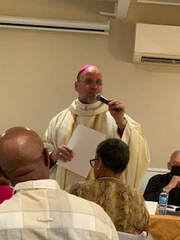 The Diocese of the Virgin Islands is to be a strong body for Christ, working together to share their gifts as they try to rebuild a community of love. The reminder came from The Rt. Rev. Rafael Morales Maldonado, Diocesan Bishop of the Diocese of Puerto Rico and Advisor Bishop for the Diocese of the Virgin Islands. He was speaking during the 66th annual convention of the Diocese of the Virgin Islands, held July 13-15, 2023 on the island of St. Croix in the USVI, under the theme ‘Unity in Diversity’. According to Bishop Morales, the time is now to rebuild diocesan spirit and to pray for the Holy Spirit for personal and church renewal so that the Episcopal Church could be disciples of Jesus in the Virgin Islands. He noted that the convention theme is descriptive of the Church which, unlike a closed club, is to be open to everyone, so that persons can join together to share their gifts, accepting and loving people as they are. He suggested that change must begin with everyone asking, “What will I do to make change and make things better?” As Advisor Bishop, he promised to travel to the diocese monthly and to visit each of the three deaneries. He reminded lay and clergy delegates that being a diocesan community is a necessary preparatory step to calling a diocesan bishop and that building such a community is their co-responsibility. He said it is time to proclaim that old things are over and the diocese is at a place of new beginnings as, together, they become witnesses of reconciliation. The Diocese of the Virgin Islands, the smallest in the Episcopal Church, is made up of congregations in the British and US Virgin Islands. Its previous diocesan bishop, The Rt. Rev. E. Ambrose Gumbs, retired in May 2021. A delegation from the Deanery of the British Islands has returned home after representing the Diocese of the Virgin Islands at EYE 2023 and at "It's All About Love: A Festival for the Jesus Movement", both of which took place in Baltimore, Maryland in July of 2023.
The group included Clevanna Forbes and Timothy Malone, who served as young adult volunteer staff, chaperones Sybil Hodge and Trevor Bridgewater, and delegates from the three congregations in the Deanery. They were Palesa Caesar and Te'coy Harrigan from St. George's, Sydni Georges, Rahian Richards, and Shaheen Samuel from St. Paul's, both of which are on Tortola, and Karla Flax from St. Mary's on Virgin Gorda. The young people, who were very excited to interact with their peers from throughout the Episcopal Church, presented plaques to Canons Ron Byrd, Myra Garnes, and Stephanie Spellers in appreciation for their assistance (through the Office of African Descent Ministries) in helping them to make the trip. The first two photos show them about to leave the BVI, the third is the logo from their shirts, the next three show them at EYE, and the last is Canon Garnes with her plaque. 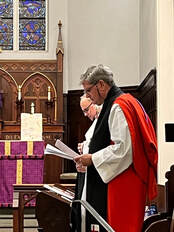 Figure 6: Bishop William Stokes, Diocese of New Jersey (photo Rev. Beth Rauen Sciaino) Figure 6: Bishop William Stokes, Diocese of New Jersey (photo Rev. Beth Rauen Sciaino) Trenton, New Jersey, March 28, 2023 The Reparations Commission of the Episcopal Diocese of New Jersey held a Stations of Reparations liturgy at historic St. Peter’s Church, Freehold, New Jersey, on Saturday, March 25, 2023 (video). The innovative family service engaged the over eighty participants from around the state and nation to consider the Church’s history of oppression of Africans and African-Americans, inviting a response of repentance. Anchoring the service in a collaborative historical effort, representatives of five early New Jersey Episcopal congregations described how the founders and clergy of their congregations participated in the practice of slavery. These congregations shared their history in the liturgy: St. Peter’s Church in Freehold, Trinity Church in Princeton, Christ Church in New Brunswick, Christ Church in Shrewsbury, and Trinity and St. Philip’s Cathedral in Newark. Each congregation named those founders who enslaved laborers in agricultural and mining operations in and outside New Jersey, as well as those clergy who kept slaves in their households or condoned slavery through their teaching and ministry. Following each witness to the historical record the assembled congregation joined in a refrain of prayer: “Emmanuel, God-with-us, give us courage to awaken to and repent for our history of enslavement in New Jersey. As we seek to repair and restore our communities, may we trust that you charge us, O God, with co-creating a world that is loving, liberating, and life-giving for all. Amen.” 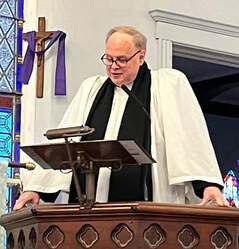 Figure 2: The Rev. Dirk Reinken, Rector, St. Peter's, Freehold. (photo Rev. Beth Rauen Sciaino) Figure 2: The Rev. Dirk Reinken, Rector, St. Peter's, Freehold. (photo Rev. Beth Rauen Sciaino) The Rev. Dirk Reinken, priest at St. Peter’s Freehold drew participants’ attention to the very room in which they sat: “we know that the Throckmortons who are memorialized in the window right here counted in their will no less than seven enslaved individuals.” Reinken went on to share that early New Jersey Anglicans did not merely enslave Black people, but actively contributed to the broader system of oppression that worked to keep Blacks enslaved. He noted: “one of the other petitioners for [St. Peter’s] royal charter was the sheriff of Monmouth county, who published … accounts of those escaped individuals he arrested and returned to their enslavers.” Parishioners of Christ Church, Shrewsbury read and remembered the names of the baptized enslaved preserved in their parish register. Nineteen year-old Kyra Pruszinski, a researcher at Trinity Church, Princeton shared that Trinity was established “through the initiative and donations of the Stockton and Potter families, [who owned a] sugar plantation in Brunswick, Georgia on which at least 108 Black people were enslaved. … [and the] Coleraine Tweedside plantation in Georgia, where at least 423 people were enslaved.” 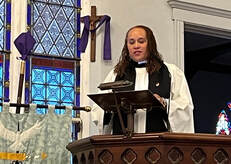 Figure 2: The Rev. Dirk Reinken, Rector, St. Peter's, Freehold. (photo Rev. Beth Rauen Sciaino) Figure 2: The Rev. Dirk Reinken, Rector, St. Peter's, Freehold. (photo Rev. Beth Rauen Sciaino) Ann Calloway, the parish historian at Trinity and St. Philips’ Cathedral in Newark, an Episcopalian since 1936, told about Colonel Ogden, the founder of Trinity, Newark: “Colonel Ogden was a wealthy man… [and] we know that [he] did not take that wheat out of those fields by himself… We also know that Colonel Ogden did not work his own mines. All those [tasks] were done by slaves… And the balcony that is built in the Cathedral was not built to house extra communicants. [It] was built for the slaves of the owners who owned the pews in the Cathedral… Each slaveowner owned one of those boxes where his slaves sat. So the church welcomed the slaves and their families, they baptized over 1000 children, but they condoned slavery.” 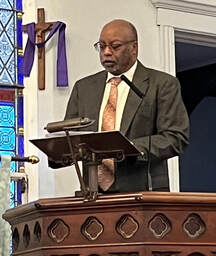 Figure 4: Jonathan Gloster, Vestry, Christ Church, New Brunswick (photo Rev. Beth Rauen Sciaino) Figure 4: Jonathan Gloster, Vestry, Christ Church, New Brunswick (photo Rev. Beth Rauen Sciaino) Jonathan Gloster, a member of the Reparations Commission, and a vestry member at Christ Church, New Brunswick shared that: “The oldest person now interred in the Christ Church graveyard is Dinah, there is no surname, just Dinah... Dinah died in 1866, in service to the Boggs household, whose family members are also buried in the graveyard of Christ Church. [She was] 106 years old at the time of her death. Her life spanned from before the Revolution to the Emancipation Proclamation. Born enslaved, and died free.” He went on to connect this with more recent history: “The legacy of colonial times continued for Blacks at Christ Church well into the 20th century. Blacks were members of the church, but they were not seated with Whites. In the 19th and 20th century Blacks were seated in the gallery, along with those who could not afford pew rents. When pew rents were abolished in the early 1920s the decision was made to relocate the organ from the chancel to the gallery, displacing the Black members of the church… The displaced African American members formed their own parish, St. Alban’s Episcopal church in New Brunswick.” Rev. Joanna Hollis, the rector of Christ Church, where the first Bishop of the Diocese, John Croes, kept slaves during his decades-long rectorate, concluded the sharing of parish histories saying: “And so here I am, the rector of a parish with a long history of slavery. Every Sunday I stand in the chancel and look down at the cross that marks [where] Bishop Croes is buried underneath my feet… [and] I do not take lightly the significance of my presence as the first Black rector of Christ Church… I link the far past to the present by virtue of my own enslaved ancestors and pray that I am doing them proud. And I pray that I am doing right by Dinah and by the many enslaved people who were connected with Christ church. I quite literally am their wildest dream. Yet there is still so much more work to do. So much to atone for. And with God’s help we can do what needs to be done.” Afterward, Bishop Stokes described the service as “profound.” “It was a powerful and poignant experience,” he said. In his blessing he invited those present to “discomfort [with] easy answers, half-truths, and superficial relationships… [to] anger at injustice, oppression, and exploitation of people,” and to the “foolishness to believe that you can make a difference in this world so that you can do what others claim cannot be done.” The idea for a liturgy of Stations of Reparations emerged from the History Working Group of the diocesan Reparations Commission as it uncovered the complicity of New Jersey’s colonial era Anglican congregations in enslavement. A few congregations had already begun researching their ties to slavery. However, the broader scope of congregational and institutional involvement in slavery began to emerge from recent investigations by Dr. Jolyon Pruszinski, the historian who started working with the Reparations Commission in September, 2022. The Commission believes it is essential to tell the story of slavery’s place in the Church in diverse ways, including in the context of worship. The core of the Stations of Reparations service was modeled on the traditional Stations of the Cross in which a portion of the story of Jesus’ Passion is told at each Station within a repeating structure of prayer. Each congregation’s “station” included an excerpt from Dark Testament and Other Poems (1970) by the Reverend Dr. Pauli Murray. Murray was the first Black woman ordained a priest in the Episcopal Church. She was recently added to Lesser Feasts and Fasts. Many stories discovered through the ongoing Diocese of New Jersey Racial Justice Review were not included in the Stations of Reparations service held on March 25, but are available to read about through the project website. The site provides resources for congregations wishing to research their history and has begun documentation of initial findings, some of which were shared in the service.
The call for reparations is rooted in the concept of making amends for past wrongs. Specifically, it is a call to acknowledge and address historical and ongoing injustices, systemic racism, and discrimination. The reparations movement seeks redress for ways in which enslavement and its legacies have excluded Black Americans from full participation in American society and severely restricted their economic, educational, political, and social opportunities. Additional information as well as images are available from the Reparations Commission of the Diocese of New Jersey. For more information please contact:
Submitted by Rev. Jack Zamboni, Rev. Megan Thomas, and Dr. Jolyon Pruszinski This report was written by Felicity Hallanan, diocesan representative to The Episcopal Church's Commission on World Mission, and member of Trinity, Watertown.  The 80th General Convention of the National Episcopal Church was held in Baltimore, MD, in July of 2022. Because of Covid-19 precautions, it was extremely condensed in terms of length and participation. When it concluded, it was one year behind schedule for the General Convention 81, and preparations were already under way for that to be held in 2024. If that sounds complicated, consider the next step! Shortly after GC80, then, word was sent out that applications were being accepted for the several task forces and commissions which review and propose governing practices and guidelines for the Domestic and Foreign Missionary Society, i.e. the Episcopal Church, to be ready for 2024. Decisions about membership were made as quickly as possible and, from Nov. 14-17, about 10 of the so-called “Interim Bodies” returned to Baltimore to begin organizing and deliberating about the tasks they face. The Diocese of Central NY was represented by our Bishop DeDe Duncan-Probe; it was also my privilege to attend. Since I represented the Diocese as a Deputy at GC 80, and was a member of the then-Committee on World Mission, I applied for the same topic again. And so I was also in Baltimore again, having been accepted as a member of the Commission on World Mission. For four, intense days at the Maritime Conference Center near the BWI airport, our group and the others focused on resolutions that had been presented at the previous General Convention, their relevancy to what is happening in the Church since, and how they apply for the future, or whether new topics need to be addressed as well. Members in the World Mission Commission came from as far as Okinawa and several places in the U.S.; we are both clergy and lay persons joined by staff from the National Church, and bring a wide range of experiences to the group. The topics we are addressing range from colonialism, and the Anglican Communication, to theological education in the U.S. and overseas, and creation care. Examples of the issues include everything from the effects of colonial practices by the Church on other cultures, to talking about differences among members of the Anglican churches worldwide but still getting along, to what guidance the Church can offer to our members about what’s happening to harm God’s world and how we can respond. The many topics will be addressed, basically by Zoom meetings over the next several months, while we aim for a December, 2023, deadline to put them in order for what’s called the Blue Book, to be presented at GC81 in Louisville, KY. In the end, one can only return home (to snowstorms!) from such an event with increased pride and humility about the many efforts of our Church to respond to local and world concerns. Our meetings and those of the other groups, as said, will continue, and we will seek to share them with members of our Diocese. Episcopal Diocese of New York Task Force on Domestic Violence and Sexual Assault Date and Time: November 29, 2022, at 7:00 PM EST Please register in advance of the webinar to receive an email about joining the webinar - http://bit.ly/climatechange-and-gb  In commemorating the 16 Days of Activism against Gender-Based Violence (November 25-December 10), The Episcopal Diocese of New York Task Force on Domestic Violence and Sexual Assault is pleased to present this webinar, Climate Change: What’s Gender Got to Do with It? We aim to examine how climate change fuels a rise in gender-based violence and propose solutions to ending the pandemic of violence against women and girls. At first blush, when people hear that climate change increases gender-based violence, they are incredulous and ask how this is possible. However, there is much evidence that women and girls are adversely affected by climate change. The 66th Session of the United Nations Commission on the Status of Women in 2022 addressed violence against women and girls in the context of the climate crisis and environmental degradation. Countries worldwide recognize and call for action to address the climatic impacts of violence against women and girls as a part of gender-responsive climate policy. The Episcopal Church and the wider Anglican Communion are working to mitigate the ravages of climate change and advocating for an end to gender-based violence. A key message from the Anglican Communion at COP26 stated: Faith actors should leverage both their capacity and influence to advocate for urgent, bold climate actions by leaders and key stakeholders. The should also utilise their capacity to transform hearts and minds away from destructive attitudes and behaviours toward responsible creation care. Our moderator will tell us about COP27. We have a dynamic panel of experts from the church, civil society, and two UN entities. Come, learn, and be inspired to be a catalyst of change. Moderator
The Reverend Melanie Mullen, director of reconciliation, justice, and creation care of The Episcopal Church. Panelists
On October 23, 2022, St. Ursula's celebrated its patronal feast. Included in the celebration were the Rt. Rev. Ambrose Gumbs, retired bishop, and Interim Dean of All Saints Cathedral Church, St. Thomas, the Very Rev. Sandye Wilson. Many thanks to Dean Wilson for the photos!
When Hurricanes Irma and Maria devastated the British Virgin Islands in 2017, it seems
that to many, the island of Virgin Gorda – home of St. Mary the Virgin Episcopal Church - “got it the worst”. The hurricanes coupled with the crippling effects of the COVID pandemic hurt the congregation’s attendance, stewardship, and outreach efforts in the community. Its guilds and ministries either ceased to exist or they functioned at a fraction of their former activity. With the call of the Reverend Ellis Clifton, Jr. attendance and stewardship have improved, and the guilds of the parish – one guild in particular - are beginning to function differently. “Focus is not solely directed at fundraising and survival. It is more directed at thriving and the expansion of ministry.” On October 2, 2022 – Saint Mary the Virgin’s Episcopal Church Women were recommissioned as an active guild of the parish during their Sunday worship. New officers were installed and a schedule of activities that included visitations of the parish’s sick and shut-in’s and a health fair for the screening of high blood pressure and diabetes was announced. The ladies of the ECW rededicated their lives to a renewed Christly ministry as they took an active part in that day’s liturgy. A highlight of the occasion was receiving congratulatory letters written by The Reverend Jennifer Kenna, Province 2 Representative to the ECW’s National Board and The Reverend Canon Ronald C. Byrd, Missioner for the Office of African Decent Ministries. The Reverend Kenna offered the recommissioned fellowship a charge to grow and to shape their ministries for the present and their future as she wrote, “On this first Sunday in October, 2022, as the women of the parish recommit themselves to the diocese, the parish and each other as a dedicated group of Episcopal Church Women, I believe that God's Holy Spirit will be moving and leading you all forward in new and exciting ways.” She continued, “St. Mary's ECW can take its lessons from the past as building blocks for the future, seeking new and innovative ways to serve, while continuing to share their gifts and talents with this parish, and supporting each other as sisters in Christ.” Likewise, Canon Byrd, reminded the ladies of ECW’s purpose and of the important ministry they are called to offer, saying, “As you know, the stated purpose of the ECW is to unite the women of the church in a program of worship, study, service, and fellowship which will deepen their own spiritual lives and encourage them in grateful service in the parish, the community, the nation, and the world. I understand there is much ministry to offer in both, your parish, and your community.” Trevor Bridgewater Jr, Sr. Warden of the parish, offered his reflections of this joyful event saying, “St. Mary’s is not the same church we were before Irma and Maria hit. As individual members of the congregation, the ladies of St. Mary’s have had an active part in shaping the new direction of the parish to make us responsive to the new and present needs of the community in these post-Irma and post COVID times. I am confident that our ECW will work together with the Vestry and Fr. Clifton to make our unanimously adopted vision plan for St. Mary’s a reality.” This celebration of St. Mary’s women to the parish and community concluded on Sunday, October 16, 2022 with Ms Eloise Estridge, National Coordinator of the Child Evangelism Fellowship as guest preacher at the service. From the Rev. Ellis Clifton, priest-in-charge of St. Mary's, Virgin Gorda, BVI, Diocese of the Virgin Islands Bishop Griselda's letter from Facebook A toda la familia diocesana, a la amada ciudad de Matanzas y a todo el pueblo de Cuba! En esta hora de dolor y angustia profunda, elevamos nuestra súplica a nuestro Buen Señor con las palabras del salmista: "Dios mío, ¡ven a librarnos! Señor, apresúrate a socorrernos". Salmo 70: 2 Desde las últimas horas del día de ayer, todos los cubanos, especialmente el pueblo de la ciudad de Matanzas, estamos viviendo una catástrofe sin precedentes. Mucho es ya el sufrimiento que día a día soporta nuestro pueblo, y por el que continuamente oramos al Señor por su auxilio y misericordia. Con esta nueva situación, aumenta la angustia y el dolor de tantas familias, y especialmente de aquellos que han estado en primera línea y que han sufrido directamente el embate de este siniestro. Oramos por los heridos, cada uno en la situación particular que se encuentre; también por sus familiares y amigos que cuidan y esperan su recuperación. Oramos por las familias que viven más cerca de la zona industrial del desastre. Oramos por todo el personal de salud que los recibe en los hospitales. Oramos por los que tienen la alta responsabilidad de cuidar y proteger la vida de nuestro pueblo. A todos los encomendamos a Cristo el Señor, que es nuestro Dios, y en el cual ponemos nuestra esperanza. Pido y suplico a todos los miembros de la Iglesia episcopal en Cuba, y a todo cubano que cree, confía y espera en la misericordia del Señor, que aumentemos nuestra oración humilde y constante, porque solo del perdón y amor del Señor, brotará la salvación de nuestro pueblo. Su pastora + María Griselda Delgado del Carpio Obispa Diocesana Last Lambeth Stuff: |
Archives
April 2024
Categories |

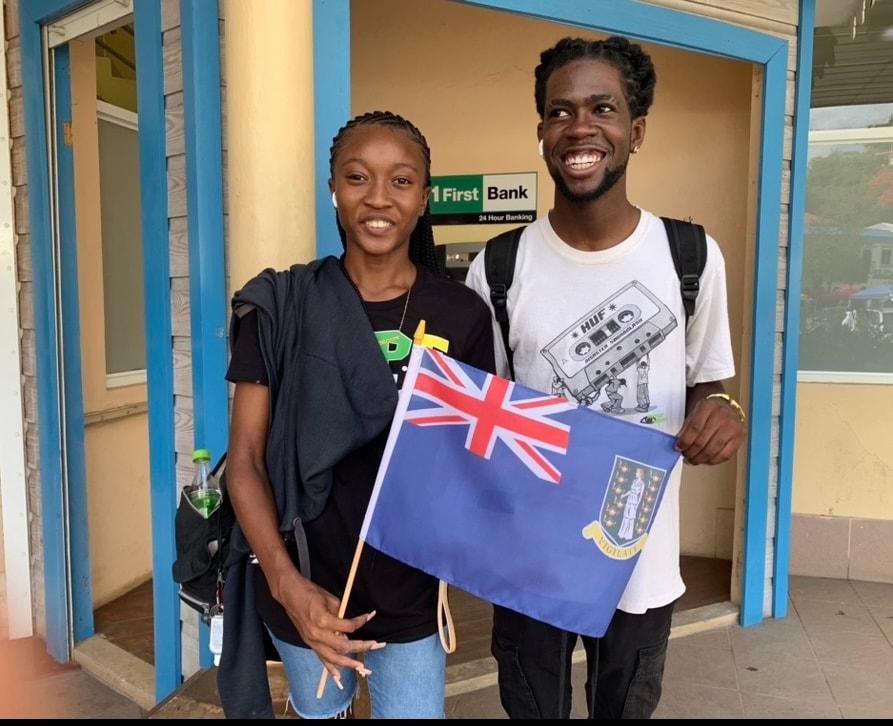
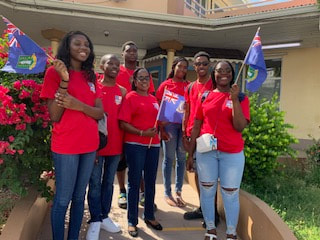
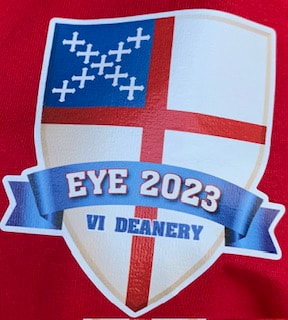
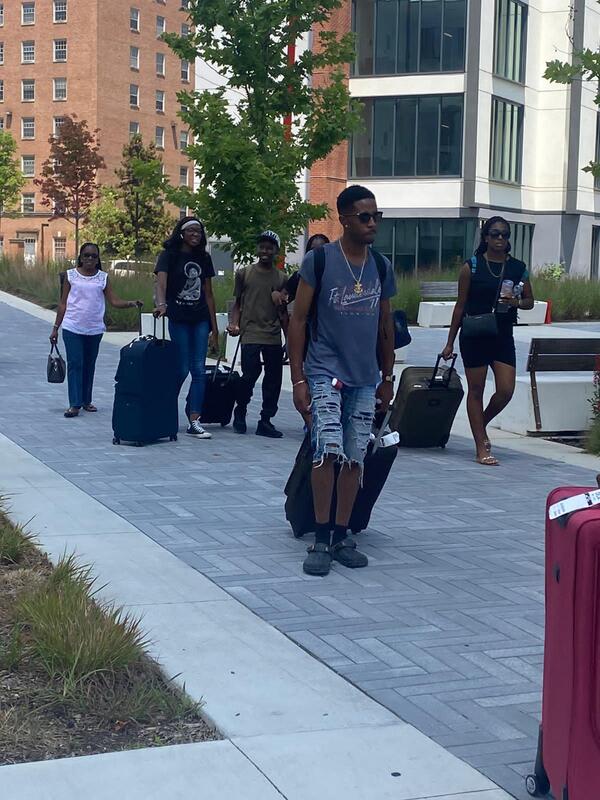
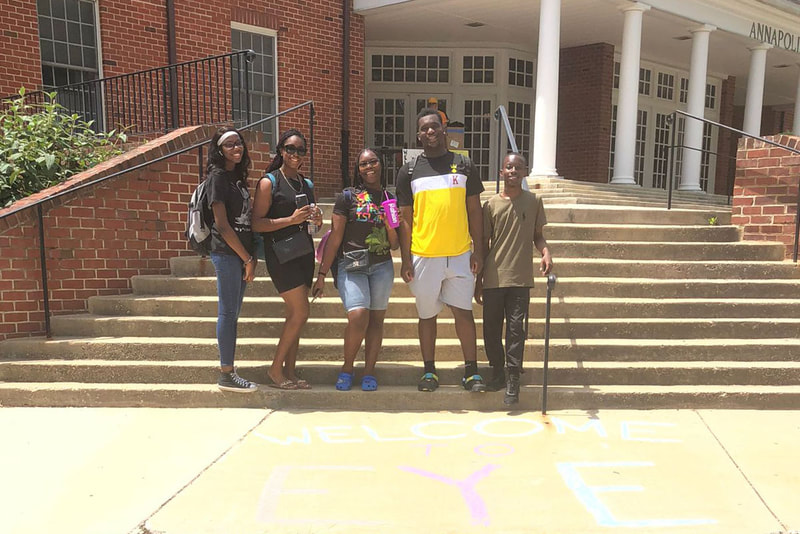
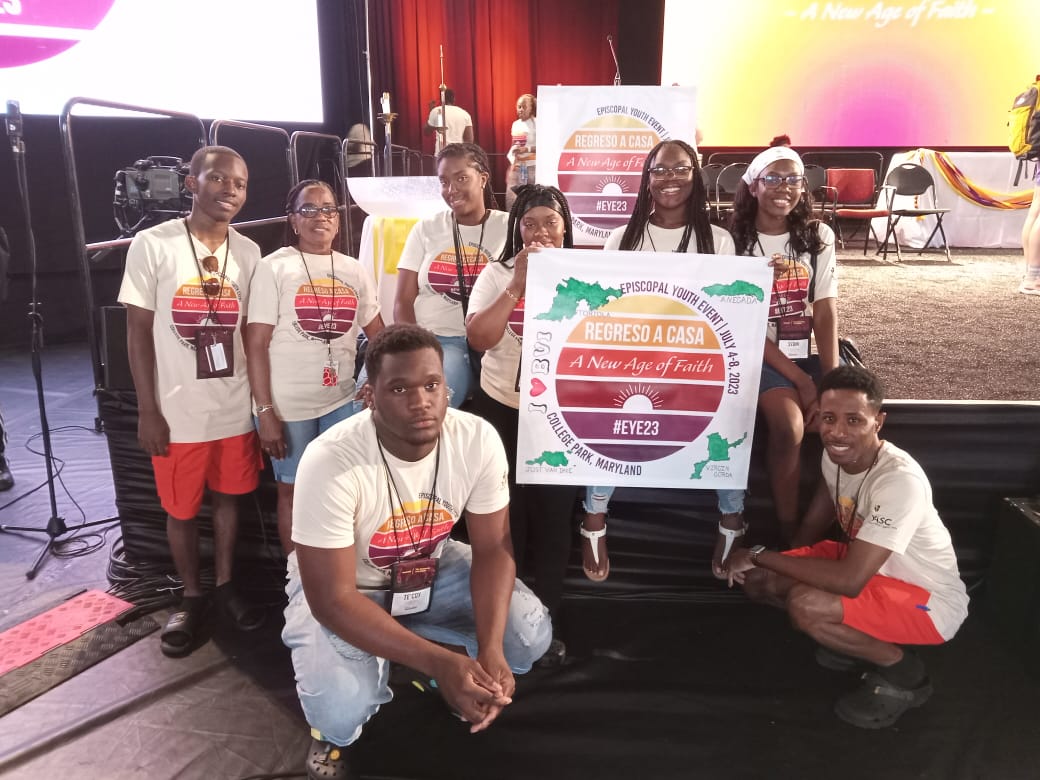
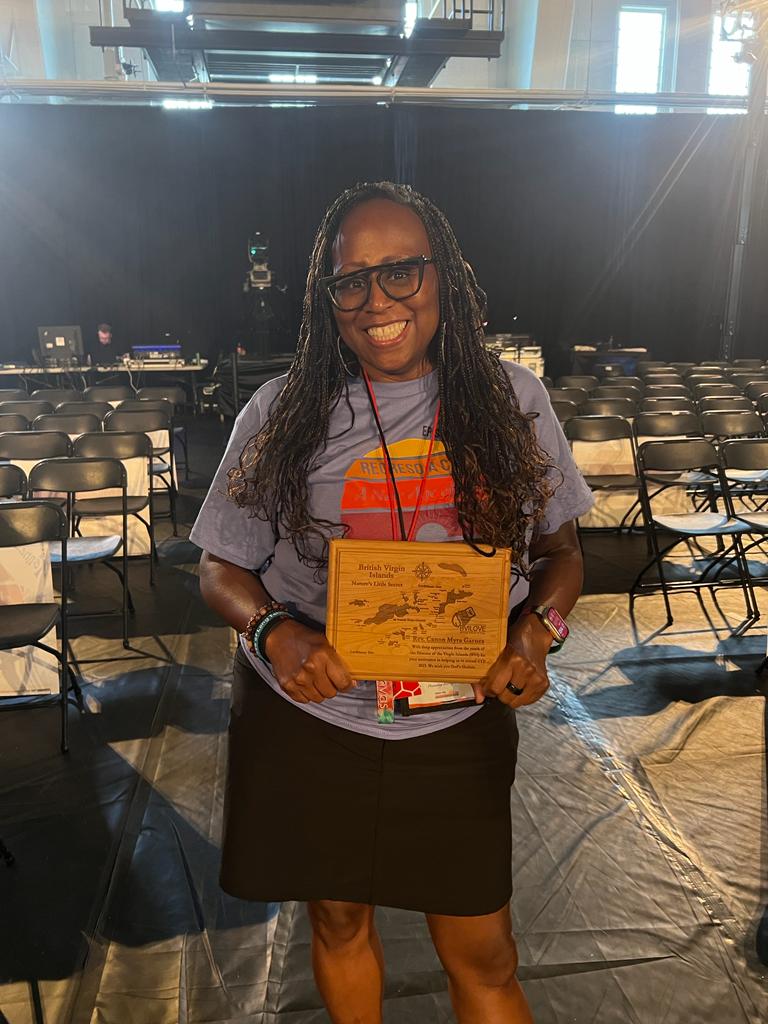
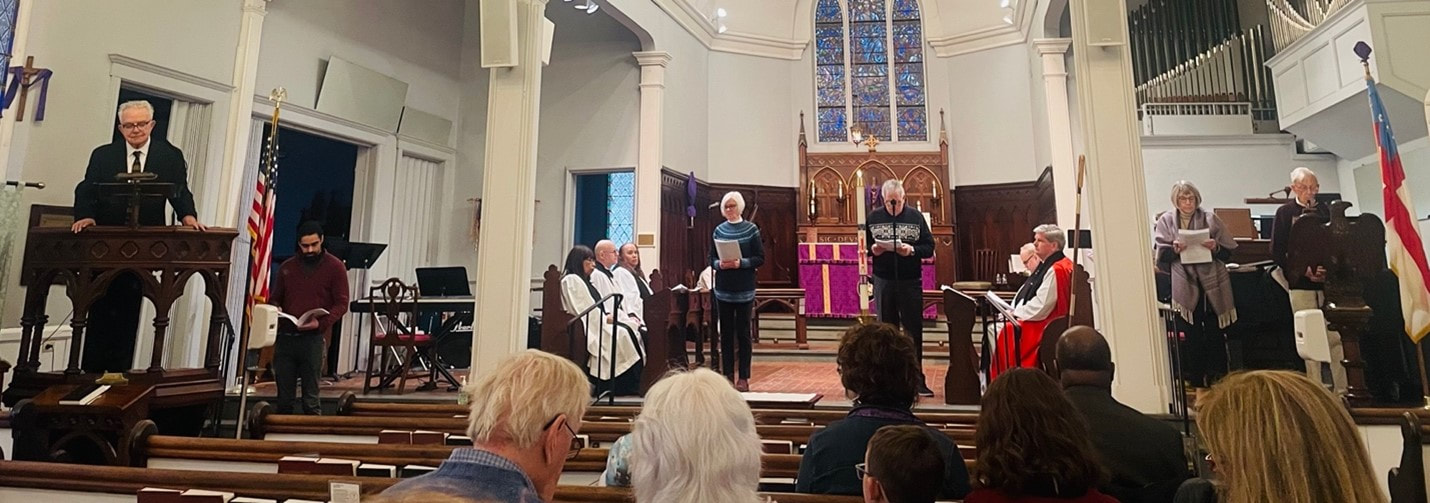
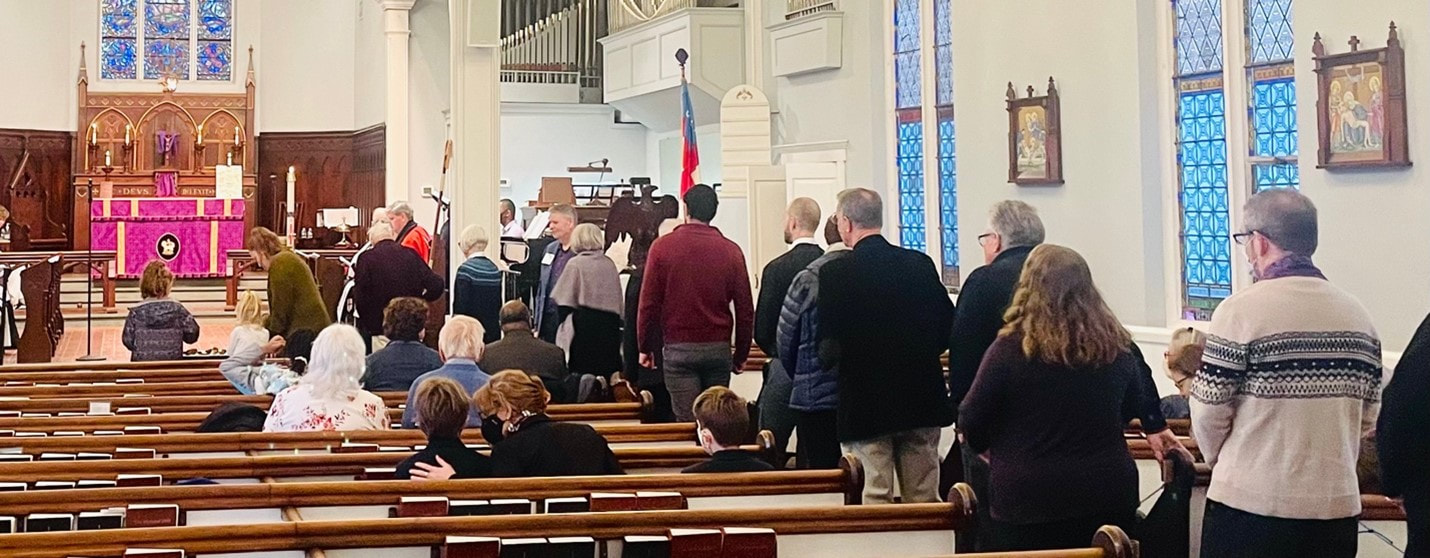
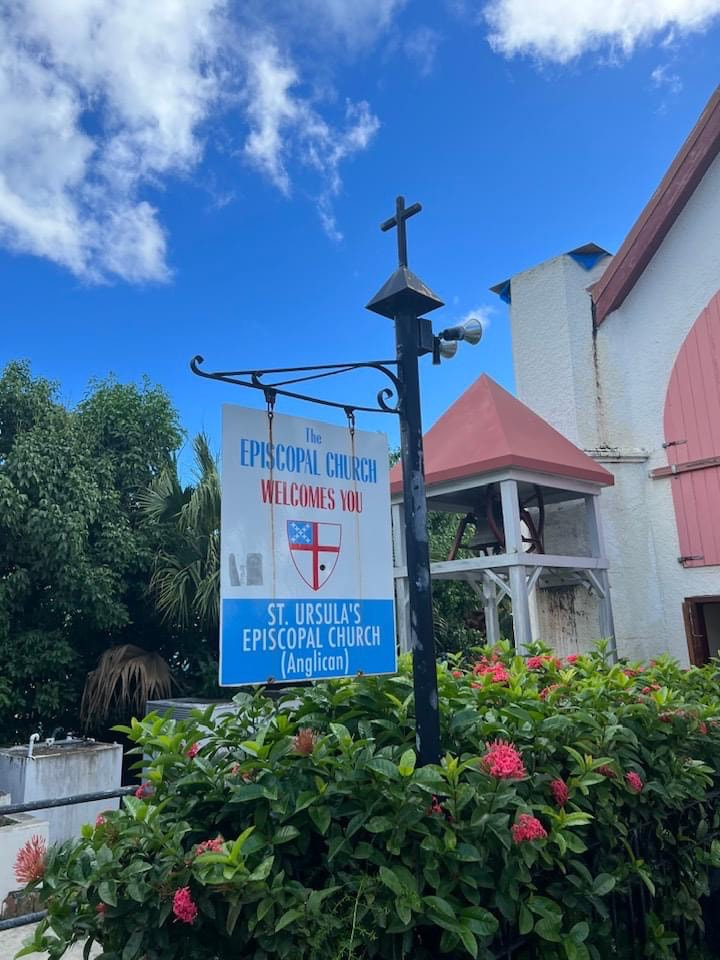
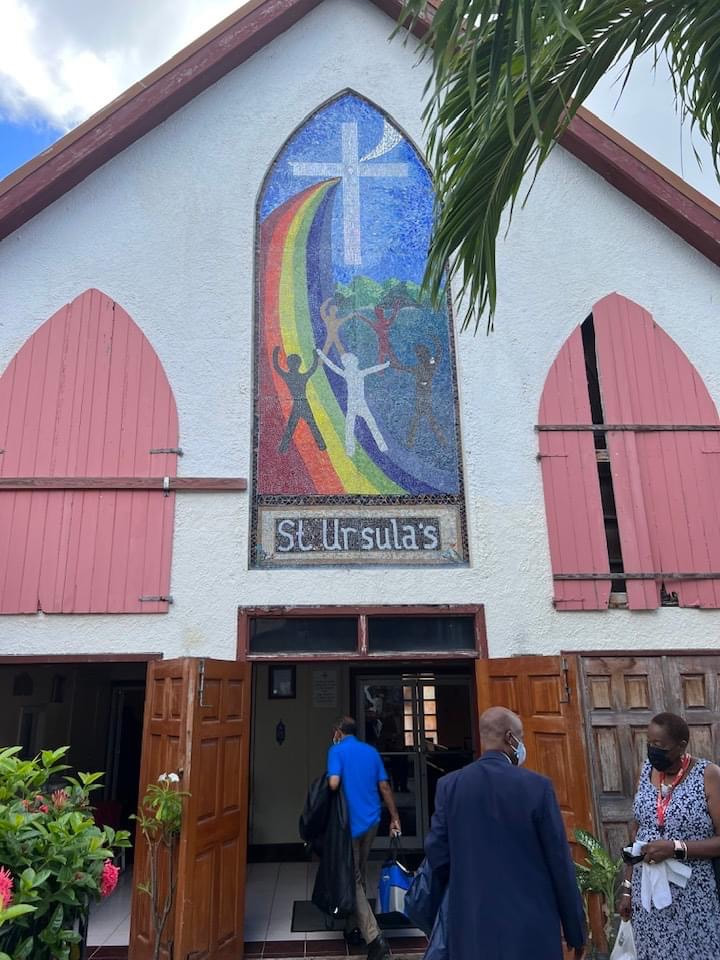
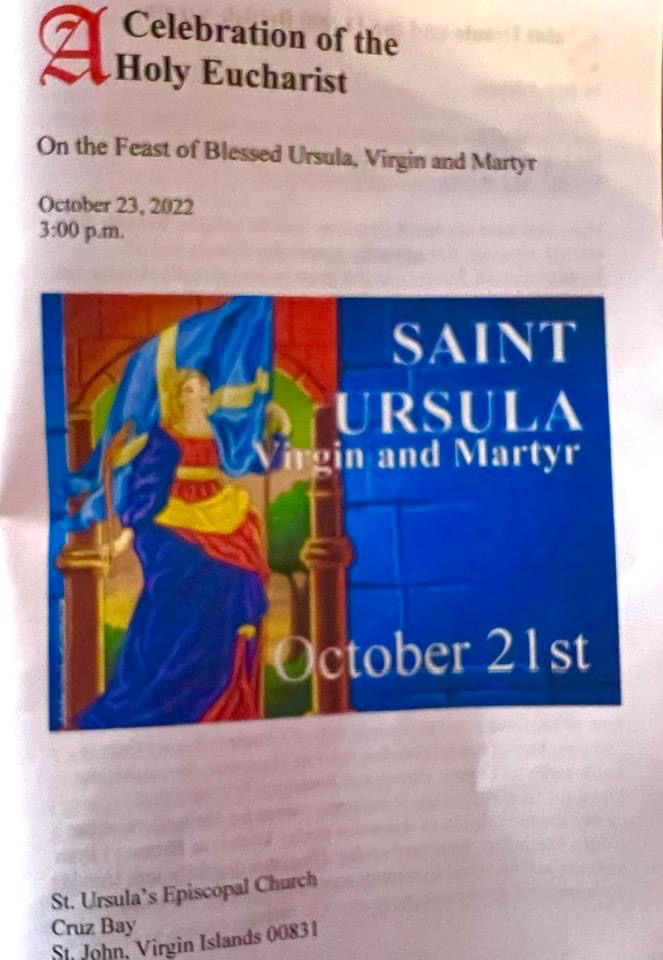
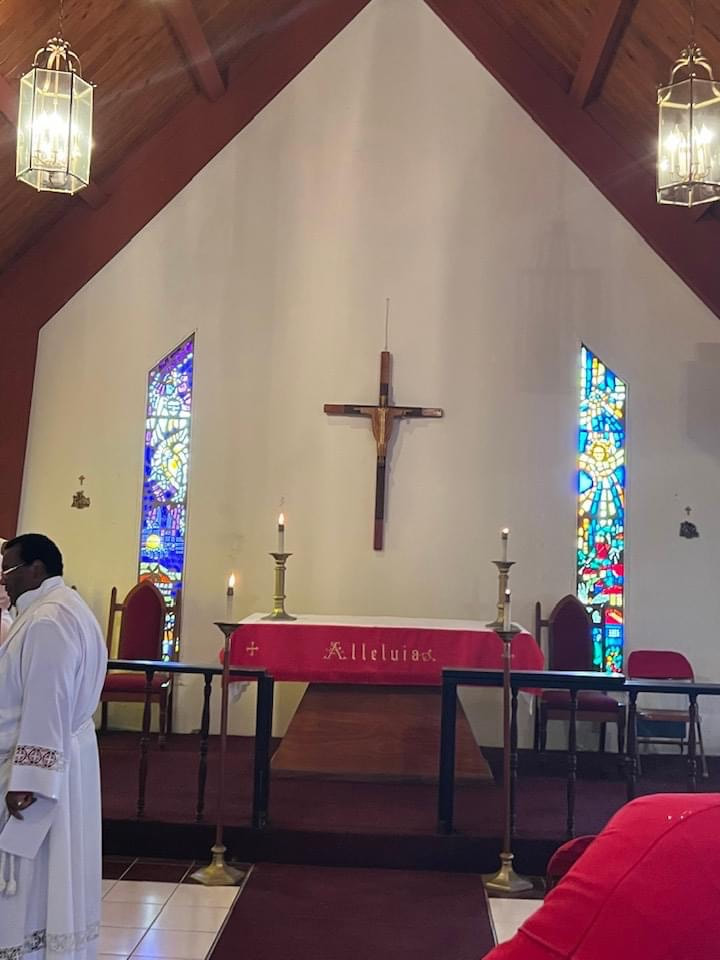
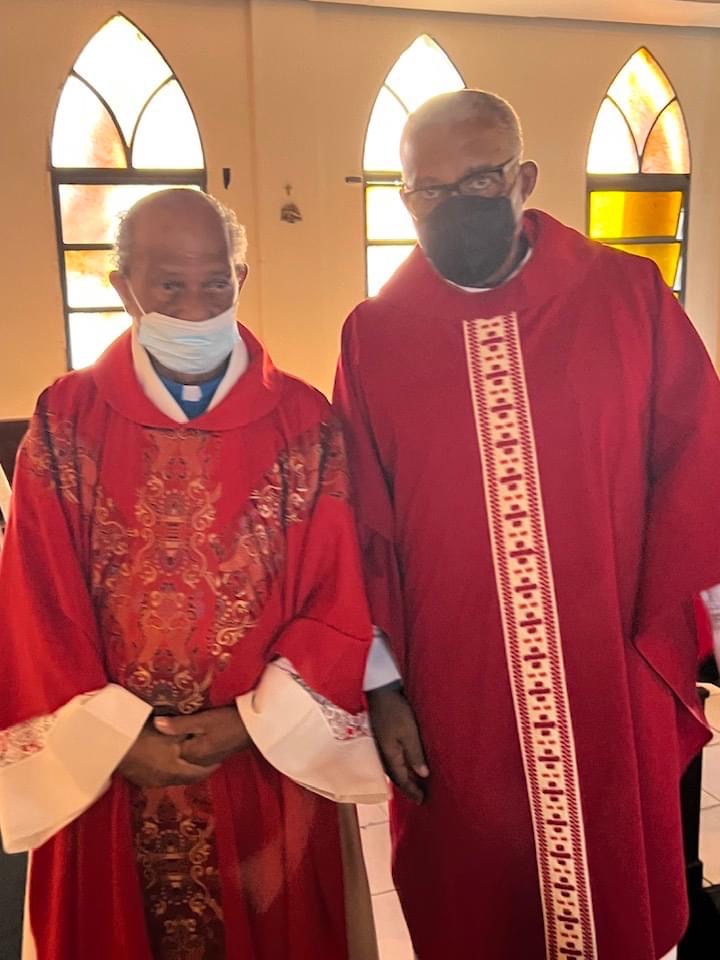
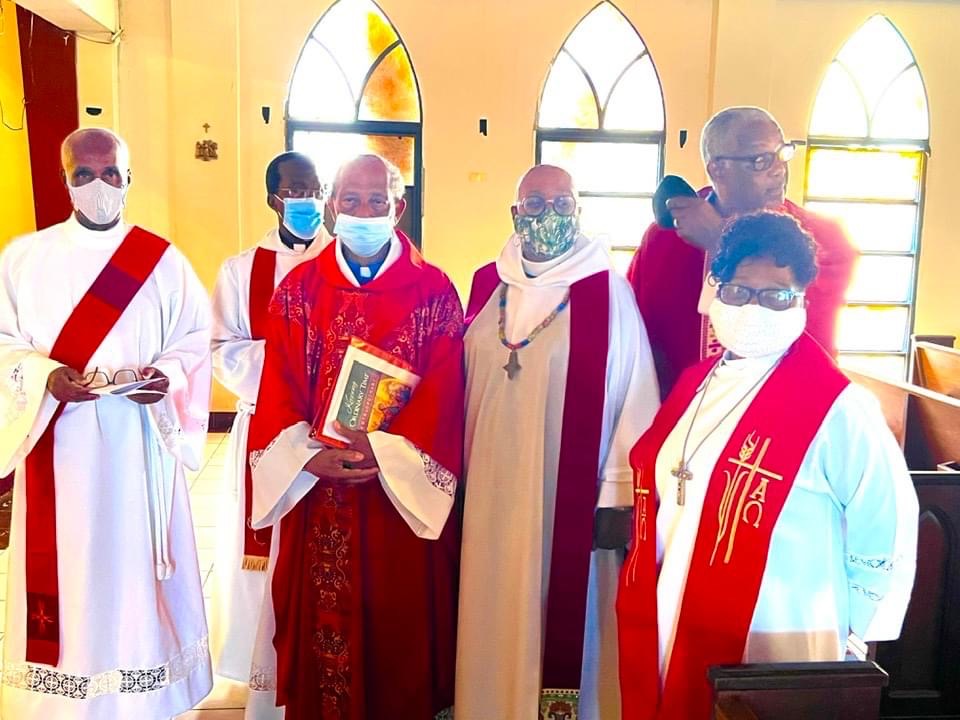
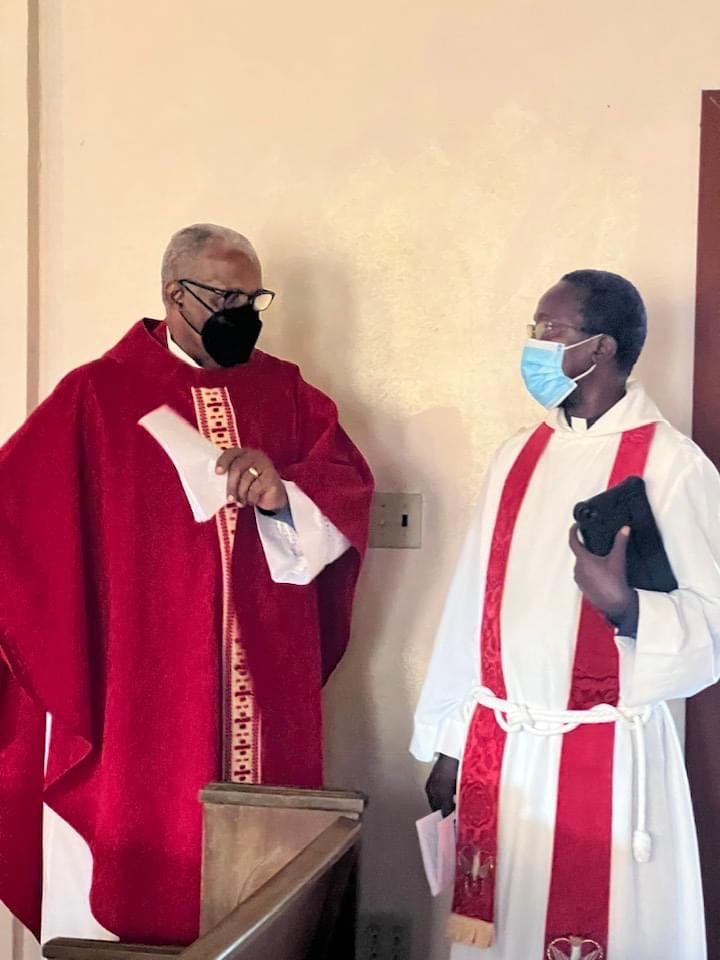
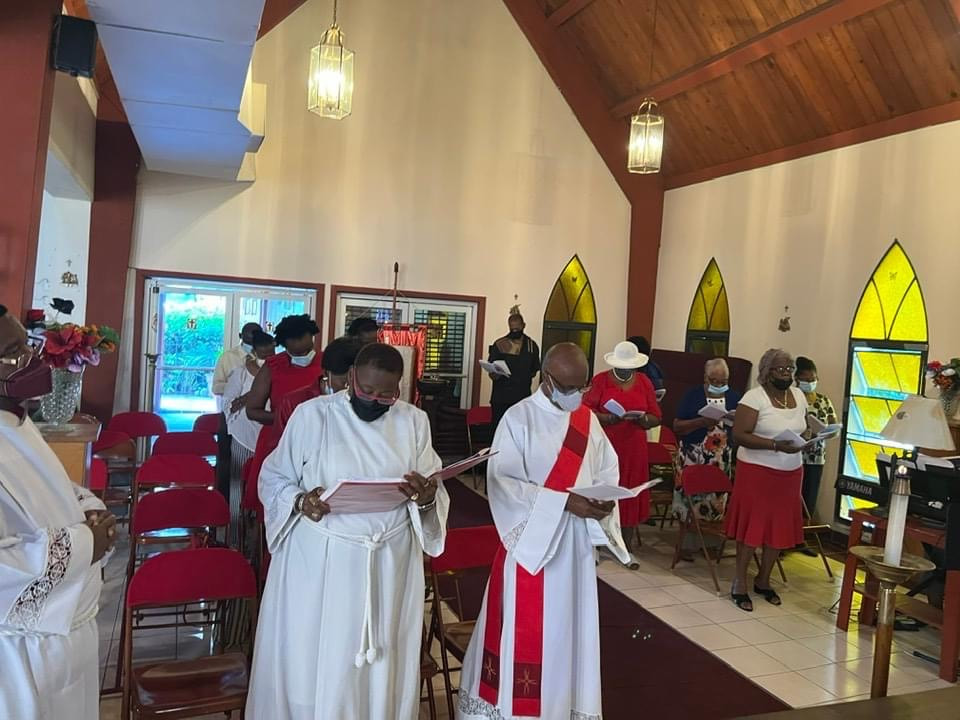
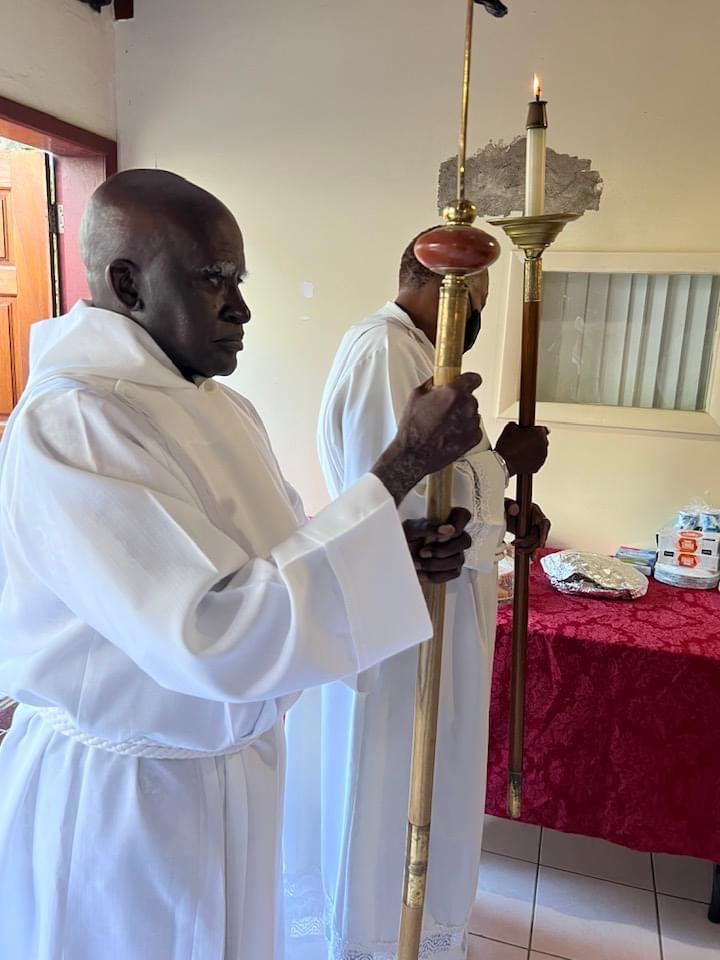
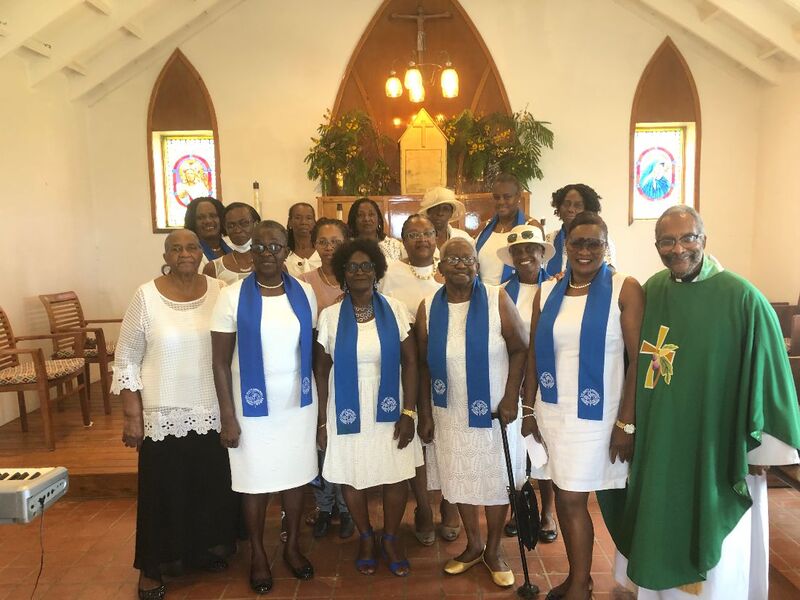
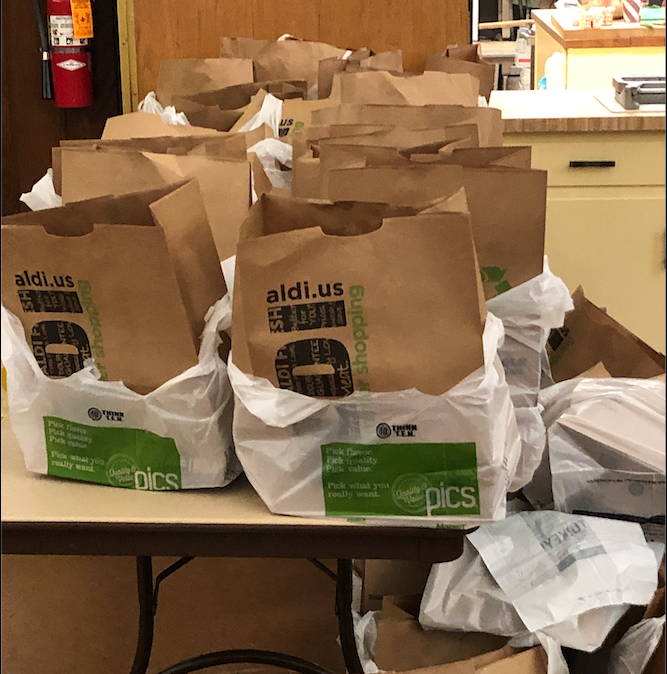


 RSS Feed
RSS Feed
